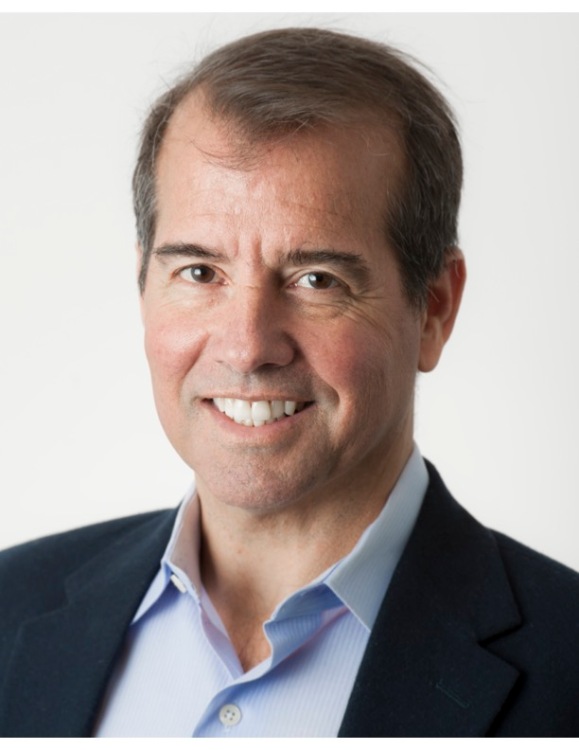
Diego Uriburu
Director, Identity, Inc.
Diego Uriburu co-founded Identity in 1998 to help immigrant youth fleeing violence, natural disasters, and grinding poverty in Latin America. Today, in pursuit of a just, equitable and inclusive society, Identity creates opportunities for Latino and other historically underserved youth across Montgomery County to realize their highest potential and thrive.
Diego’s lifelong commitment to equity extends beyond his Executive Director duties. In 2019, under his leadership, Identity joined forces with the Montgomery County Chapter of the NAACP Parents’ Council to form the Black and Brown Coalition for Educational Equity and Excellence. He serves on the Boards of Work Source Montgomery, the Montgomery County Positive Youth Development Initiative and the Meyer Foundation. Diego is a member of Montgomery Moving Forward and the Latino Health Steering Committee. In 2014, the White House selected him as a César E. Chávez Champion of Change. He was honored recently with the Roscoe R. Nix Leadership Award for extraordinary contributions to Montgomery County. Diego was born and raised in Argentina and holds a master’s degree in Clinical Psychology from the University of Belgrano in Buenos Aires.
Diego has forged a strong partnership with the University of Maryland School of Public Health (UMDSPH) through projects ranging from trauma-informed care trainings for Identity staff to testing immigrant-specific ACES classifications and updating Identity’s survey instruments. A UMDSPH team is evaluating Identity’s non-clinical community mental health program and the implementation of a Child Trends’ pregnancy prevention and goal setting curriculum, El Camino.
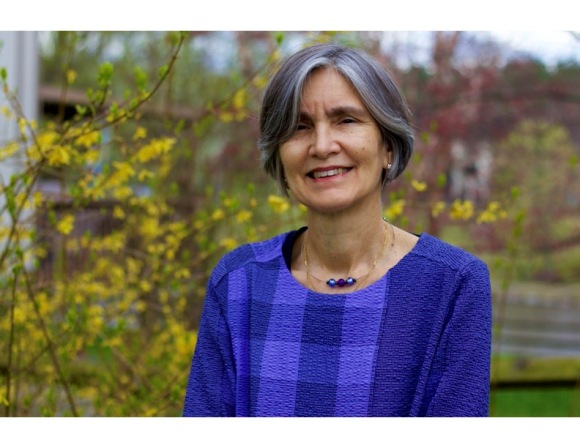
Carolyn Camacho
Program Director, Identity, Inc.
Carolyn Camacho provides leadership and oversight for Identity’s four high-school-based Wellness Centers and oversees Community Mental Health including the non-clinical emotional support groups, family strengthening programs and the Family Reunification program for the organization. Carolyn regularly presents on trends in trauma-informed positive youth development and restorative practices especially related to immigrant youth and families, to local government bodies, coalitions, school and community stakeholders, and Spanish language media. She is a member of the board of the Maryland Assembly on School-Based Health Care (MASBHC) and the Gaithersburg Beloved Community Initiative. Carolyn is fluent in English and Spanish and has a M.S. in Mechanical Engineering, a B.S. in Industrial Engineering and a B.A. in Latin American Studies from the University of Illinois at Urbana-Campaign.
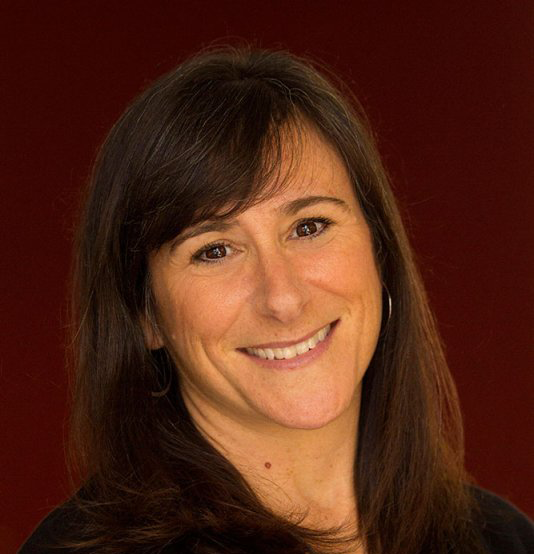
Dr. Amy Lewin, alewin@umd.edu
Associate Professor, Dept. of Family Science, School of Public Health, University of Maryland College Park
A clinical psychologist by training, Dr. Lewin works to develop and evaluate interventions in collaboration with community partners. Her goal is to strengthen the health and well-being of marginalized youth and families, specifically socioeconomically disadvantaged youth who face significant disparities in health and education. The primary focus of her research is on the mental health of adolescents. Additional interests include teen pregnancy and parenting, integration of mental health care into youth-serving organizations, and trauma and resilience in Latino immigrant youth and families. Dr. Lewin earned her BA in Psychology from Duke University; her PsD in Clinical Psychology from Rutgers University; and completed an NIMH Postdoctoral Research Fellowship at Children’s National Medical Center. Prior to coming to the University of Maryland in 2014, Dr. Lewin was on the faculty at Children’s National Medical Center in Washington, D.C.
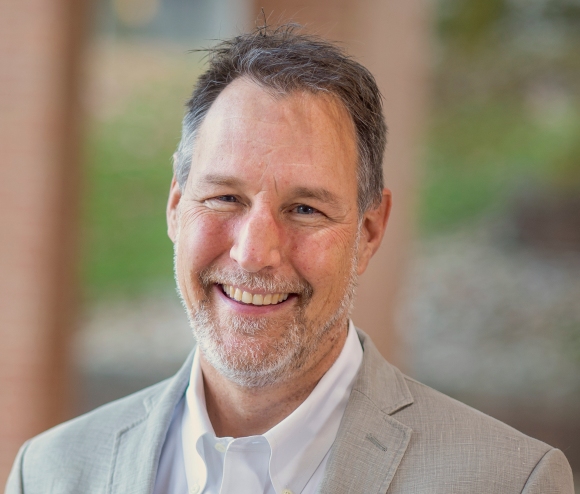
Dr. Kevin Roy, kroy@umd.edu
Professor, Dept. of Family Science, School of Public Health, University of Maryland College Park
Dr. Roy is recognized as an expert in the field of fatherhood research, with two decades of experience working with low-income families and community-based parenting programs. His research focuses on the life course of young men on the margins of kin networks and the workforce, as they transition into adulthood and fatherhood. Through participant observation and life history interviews, Dr. Roy explores men’s health equity and disparities (specifically trauma), masculinities, and policy systems, such as migration, incarceration, and community-based parenting programs. He is a current editor for the new Sourcebook on Family Theory and Methodologies project. His book Nurturing dads: Social initiatives for contemporary fathering in the ASA Rose Series was published by Russell Sage Foundation Press in 2012. Dr. Roy earned a BSFS from Georgetown University; a PhD in Human Development and Social Policy from Northwestern University; and completed a Post Doctoral Fellowship with the Welfare, Children and Families Three City Study.
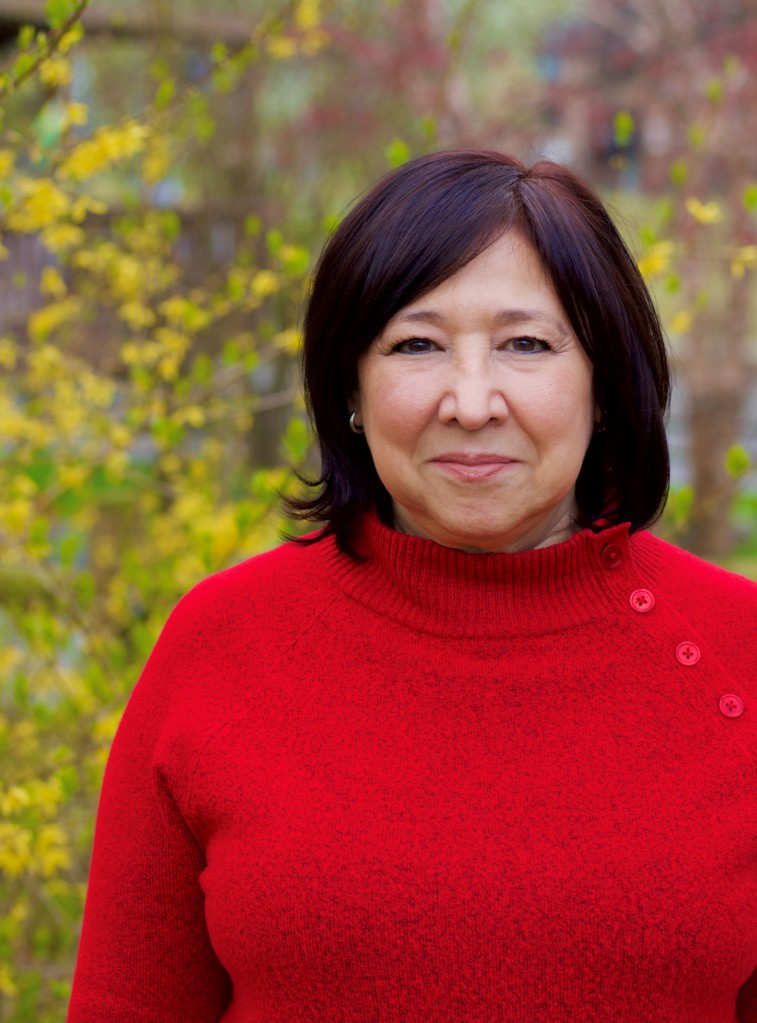
Carmen Estrada
Director of Research and Quality Assurance, Identity Inc.
Carmen Estrada provides organizational leadership and mobilizes the necessary technical assistance to develop and maintain an effective monitoring and evaluation system throughout Identity. She has worked at identity since 2013 and has held different positions related to quality assurance, program evaluation, design, customization of data collection and evaluation instruments to ensure contractual objectives are met and the highest quality services are provided to clients. Previously, in Caracas Venezuela she held managerial positions in Human Resources in large local and international companies (1982-2008). Carmen has a Masters in Human Resources Direction and Organization from the Universidad Politécnica de Madrid and a Bachelor of Industrial Relations from the Universidad Católica Andrés Bello in Venezuela. In 2019 she earned a Certification in Evaluation Practices from The Evaluator’s Institute.
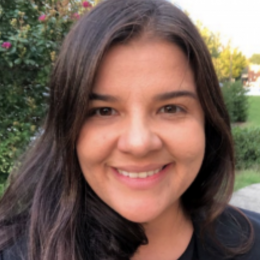
Dr. Sophia Rodriguez, srodrig4@umd.edu
Assistant Professor, Dept. of Teaching Learning Policy and Leadership, School of Education, University of Maryland College Park
Dr. Rodriguez’s interdisciplinary scholarship, drawing on tools from education, anthropology, and sociology, asks questions about the social and cultural contexts of education policy and practice. Her integrated research agenda addresses issues related to racial equity, urban education and policy, and centralizes minoritized youth voices. Her two current longitudinal projects, funded by the Spencer and W.T. Grant Foundations (2018-2022) and the Institute for Museum and Library Services (IMLS), utilize mixed-methods and ethnographic designs to investigate how community-school partnerships, teachers, and school-based mental health professionals promote equity and advocate for undocumented (im)migrant and refugee youth. The IMLS project that focuses on newcomer migrant youth belonging was recently awarded the prestigious Library of Congress Literacy Award.
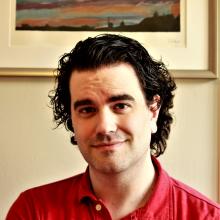
Dr. C. Andrew Conway
Post Doctoral Fellow, The Pennsylvania State University
C. Andrew Conway’s research interests focus on the mental health and well-being of Latino immigrant youth and families. He is also interested in Latino immigrant youth’s unique Adverse Childhood Experiences (ACEs). Andrew’s work seeks to move the field beyond thinking of childhood adversity as household dysfunction and towards recognizing the significant influences of social level factors, including the effects of racism, oppression, and colonization. Andrew completed his Master of Social Work degree at the University of Maryland, Baltimore, followed by a post-graduate fellowship at the Yale Child Study Center. He received a graduate certificate in Measurement, Statistics, and Evaluation and was a 2020 Research Scholar at the National Research Center on Hispanic Children & Families.
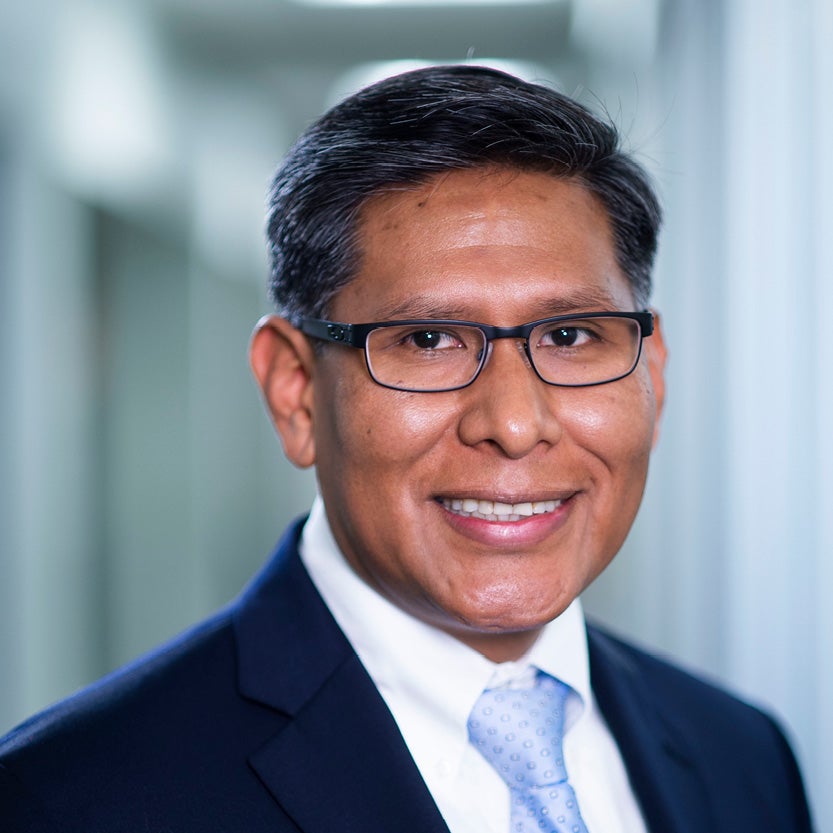
Dr. Ghaffar Ali Hurtado Choque, ahurtado@umd.edu
Assistant Professor, Dept. of Family Science, School of Public Health, University of Maryland College Park
Extension Specialist, Agriculture and Natural Resources, University of Maryland College Park
Dr. Hurtado focuses his research, scholarship and outreach in the development, implementation and evaluation of health promotion interventions at the family and community levels. He is actively engaged in health disparities research, scholarship and outreach. Dr. Hurtado is the co-investigator for multiple projects based in community-based participatory research, including: Family Activas, to improve youth’s mental health of Latinx families by strengthening healthy parenting practices, fostering positive youth development, and engaging youth in organized sports (soccer); a Latinx parent education program called Padres Preparados, Jóvenes Saludables (Prepared Parents, Healthy Youth); and the Maryland Rural Opioid Technical Assistance (ROTA). Prior to joining UMD, Ali Hurtado was a research associate at the University of Minnesota Extension and the Medical School Program in Health Disparities Research.
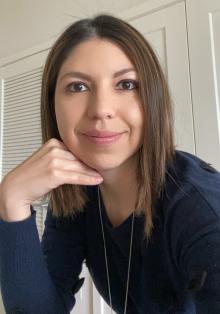
Martha Yumiseva-Lackenbacher
Doctoral Student, Dept of Family Science, School of Public Health, University of Maryland College Park
Martha Yumiseva-Lackenbacher is originally from Quito, Ecuador. She is a passionate researcher, investigating family practices and dynamics in the context of health as the baseline of children’s optimal cognitive, social, and emotional development. Her main work has focused on Latino families in the US and the implications of immigration on family separation, family reunification, and mental health. Currently, she is part of the following research projects: El Camino, a collaborative sexual health promotion program for Latino youths, the TOGETHER Program, a financial and relationship education program offered to couples in the area, and the Galápagos Education and Research Alliance from the University of Pennsylvania geared toward community science initiatives at the intersection of poverty, ecology, conservation, health inequalities, and educational inequality. She earned her M.S.Ed. in Human Development at the University of Pennsylvania’s Graduate School of Education and her B.S. in Education and Psychology at the Universidad San Francisco de Quito.
